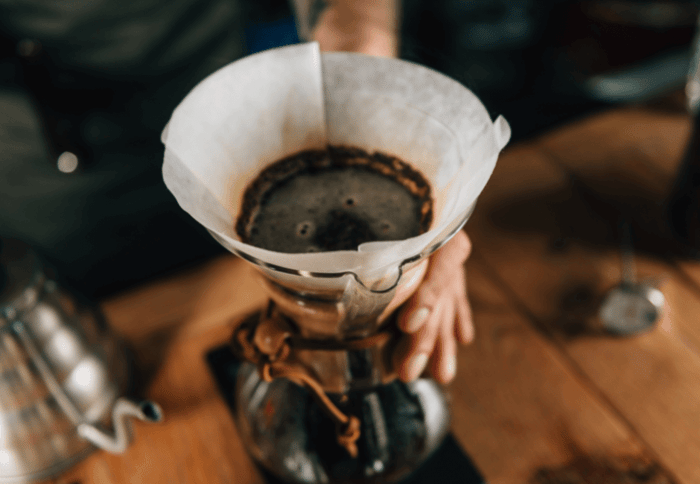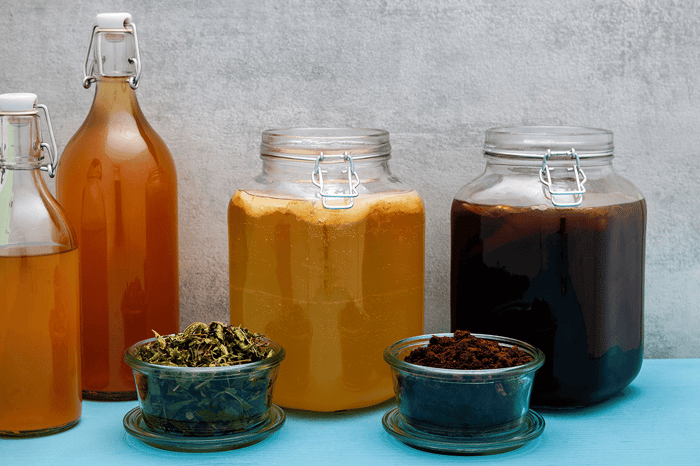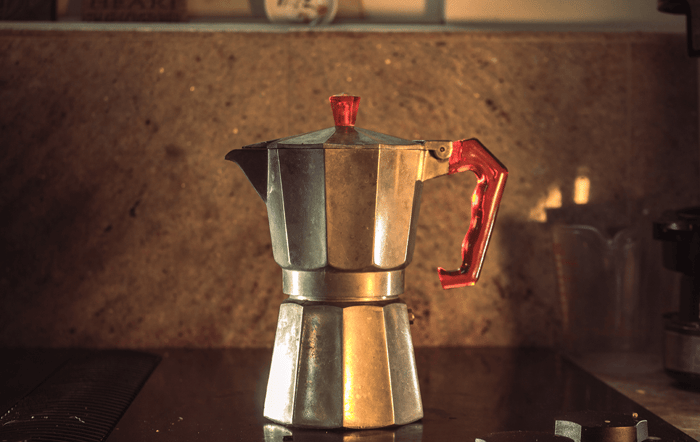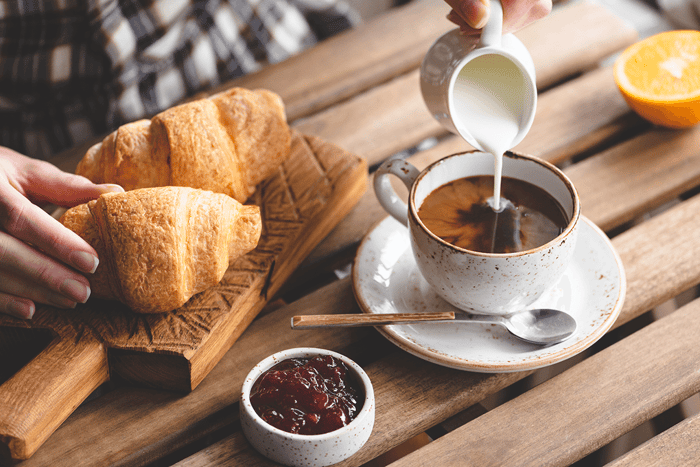Coffee filters are a crucial part of the coffee brewing process. Without them, y'know, you'd be swallowing a lot of coffee grinds. And who wants to do that?
There are a variety of different materials that can be used for coffee filters, and each has its own advantages and disadvantages. Some brewers come with their own integrated reusable coffee filter, but most others require you to purchase them separately.
In this blog post, we will compare the four most popular types of coffee filters - paper, metal, nylon and cloth - to help you decide which one is best for you.
Paper Filters: The Every Man's Coffee Filter
Paper filters, as you probably know, are the most common type of coffee filter by far. They're there for those who want an easy, no-fuss way to make their coffee. Paper filters also tend to be very inexpensive, making them the best option for coffee enthusiasts on a budget.
Bleached or Unbleached?
Within paper filters, there are two sub-types: bleached filters and unbleached filters. Unbleached filters are made of natural brown paper, while bleached filters are white due to a bleaching process that uses chlorine or other chemicals.
The jury is out on which type of paper filter is "best"—it's really a matter of personal preference as far as the environment and which taste you prefer. (In general, though, it seems like most people prefer bleached filters as far as taste goes.)
Metal Filters: The Sustainable Man’s Coffee Filter
Metal filters are another popular option and they offer a couple of benefits over paper filters. Metal filters allow more of the coffee's natural oils and flavors to be retained, resulting in a richer, more flavorful, fuller-bodied brew. They're also reusable, so you can save money in the long run.
However, some metal filters can be a bit of a pain for people who don't like cleaning (mainly if you let the grounds sit and dry in the filter instead of rinsing it right away) and they can also add a slight metallic taste to your coffee.
They're still far less common than paper filters, but they're growing in popularity due to their durability and reusability. Also, it’s important to note that not all metal filters make coffee taste metallic. As you might guess, it tends to be the cheaper metal filters that have this unwanted effect.
Nylon Filters: The "I Don't Want My Java To Taste Metallic But I Still Care About The Environment Somewhat" Man’s Coffee Filter
Nylon filters are similar to metal filters in that they're reusable, and they allow more of the coffee's natural flavors and oils to be retained. However, nylon filters don't add any unwanted metallic tastes to your coffee.
As far as ecology goes—when you get down to it, they're made of plastic, so they're not quite as sustainable as metal filters, but they're still a lot better for the environment than paper filters.
Cloth Filters: The Desperate Man’s Filter
Cloth filters can be made from a variety of materials, including cotton, linen and even silk—but most often, they’re made of a cloth you already have, as an improvised coffee filter if you run out of paper filters.
Cloth filters that aren’t improvised by a kitchen MacGuyver are generally the most expensive type of coffee filter to buy—upfront. But they're reusable, so you can save money in the long run. Plus, they don't have the taste problems associated with metal filters and they’re arguably better for the environment than metal or nylon filters.
However, cloth filters can be a bit more annoying to clean than nylon or metal filters, and as you might imagine—they stain the first time.
Because, y'know. Cloth.
Which is The Best Type of Coffee Filter?
When it comes to choosing the right coffee filter for your needs, it's important to consider all of your options. Each type of filter has its own unique benefits and drawbacks, so you'll need to decide which one is right for you.
Whichever type of filter you choose, make sure to follow the manufacturer's instructions carefully to ensure that you get the best possible results.
Coffee's important. Choose wisely.






